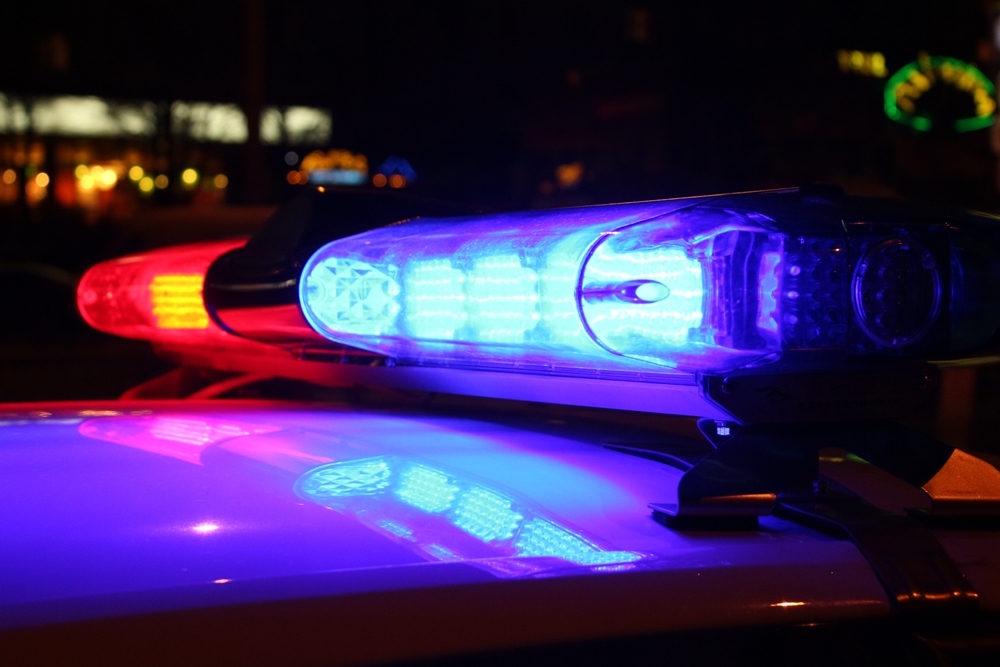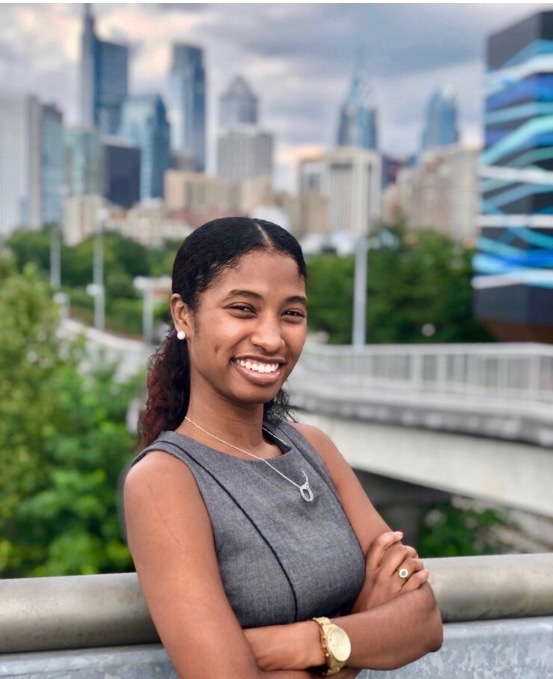Police Officers Hold More Racialized Views, More Likely to Support Physical Force, Says New Research
Police officers hold more racialized views, believe that they should receive increased funding, and believe that they have the right to use physical force against citizens – drawing important contrasts with the general public on these issues – according to new Rutgers University–Camden research.

Co-author Kayla Preito-Hodge posits that the peer reviewed study shows law enforcement is in need of organizational reform.
Co-author Kayla Preito-Hodge, an assistant professor of criminal justice at Rutgers–Camden, posits that the peer-reviewed study, published by the American Sociological Association, shows law enforcement is in need of organizational reform.
“We often hear that the bad behaviors of individual officers – the bad apples – don’t represent the overall organization,” says Preito-Hodge. “It’s problematic because, if we try to eliminate one officer, we see that the inequalities along with underlying discriminatory encounters with minority communities still exist.”
Preito-Hodge and Vincent Roscigno, a distinguished professor of arts and sciences at The Ohio State University, look at 34 years of the General Social Survey (GSS) to determine if those in law enforcement are more likely than other people to hold racialized views, endorse “blue” occupational interests, or both.
“The GSS is the gold-standard scientific survey on trends in U.S. attitudes and beliefs,” says Roscigno. “We were surprised to find that it had high-quality measures on police spending and use of force, in addition to the much more widely explored questions on racial beliefs.”
The researchers first assessed questions regarding whether there was too much public spending on law enforcement. Respondents to the survey were also asked if they could imagine a situation where it was right for police to strike an adult, male citizen.
Preito-Hodge and Roscigno found that officers’ positive views on police spending and use of force diverged from the views of other Americans, but were in line with their occupational identity and interests. Younger officers were more likely to support these measures than their older counterparts.
The authors note that these views appear to be distinct from those of the general population, which has become somewhat less supportive of police spending and police use of force over time.
“Noteworthy is the growth in the percentage of the population over time that sees the amount of spending on law enforcement as problematic, and declining public support for police use of physical force,” the authors write.

Preito-Hodge argues that police officers’ disparate view of physical force could be a contributing factor in incidents of racialized violence.
Preito-Hodge argues that police officers’ disparate view of physical force could be a contributing factor in incidents of racialized violence.
“One can imagine how this ‘blue culture’ among police translates into practice, including both aggressive policing and cases of extreme police brutality,” says Preito-Hodge.
The researchers also assessed officers’ racialized views according to two prominent indicators: Their opinions on whether there is too much spending on assistance to African Americans and views on whether racial inequality is due mainly to discrimination.
According to the authors, these indicators “capture attitudes about both lack of ‘deservingness’ of African Americans and acknowledgment (or lack thereof) of racial inequality’s roots in systemic bias and discrimination – attitudes that, when taken in tandem, jointly contribute to the legitimation and persistence of racial inequality.”
Preito-Hodge and Roscigno found that police officers are about twice as likely as the general population to see spending on assistance to African Americans as being too much. They are also about half as likely as the general public to see discrimination as mainly responsible for contemporary racial inequalities. White male officers, according to their results, are especially more likely than other officers to deny racial discrimination as a reason for institutional inequalities.
Preito-Hodge argues that the study’s findings speak to issues raised by recent racial justice protests and have both short- and long-term implications for needed organizational and policy changes.
“We have officers who are supposed to uphold the law, but if they indeed hold distinct views, it’s hard to imagine they can be impartial,” she says. “We need to recognize the possibility that police departments may be racialized organizations that, in fact, reproduce inequalities.”
It could be beneficial, according to Preito-Hodge, to divert funds from police budgets to community resources and to provide additional training for officers to make more informed decisions. For example, she says, police are not trained mental health professionals, but nonetheless respond to situations where people are dealing with mental health crises.
“People are super tired of police violence,” she says. “We really need to take into consideration the realities of people in marginalized communities and guard against ways in which police departments and police cultures may very well be perpetuating racial inequities.”


